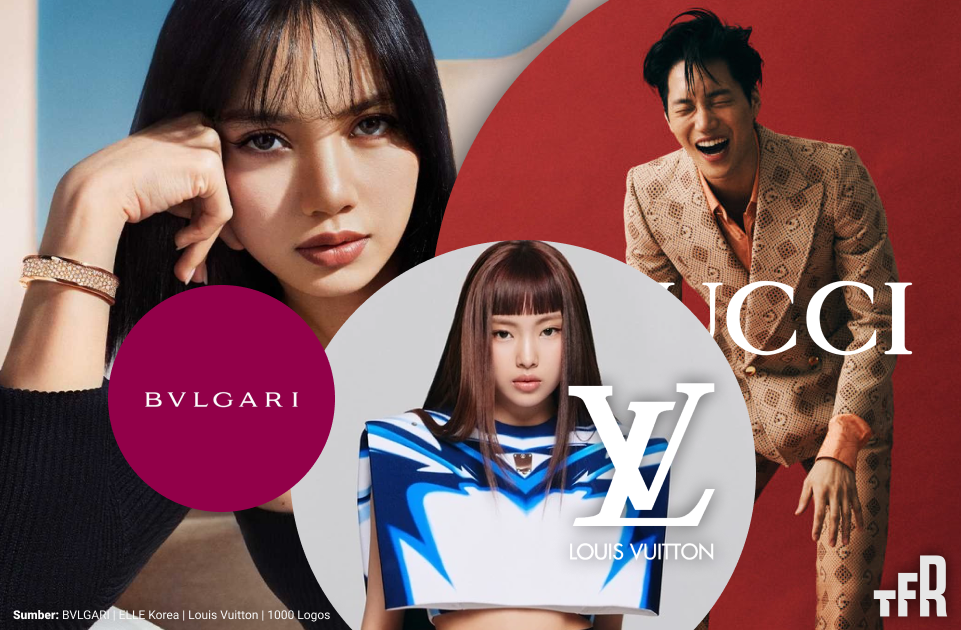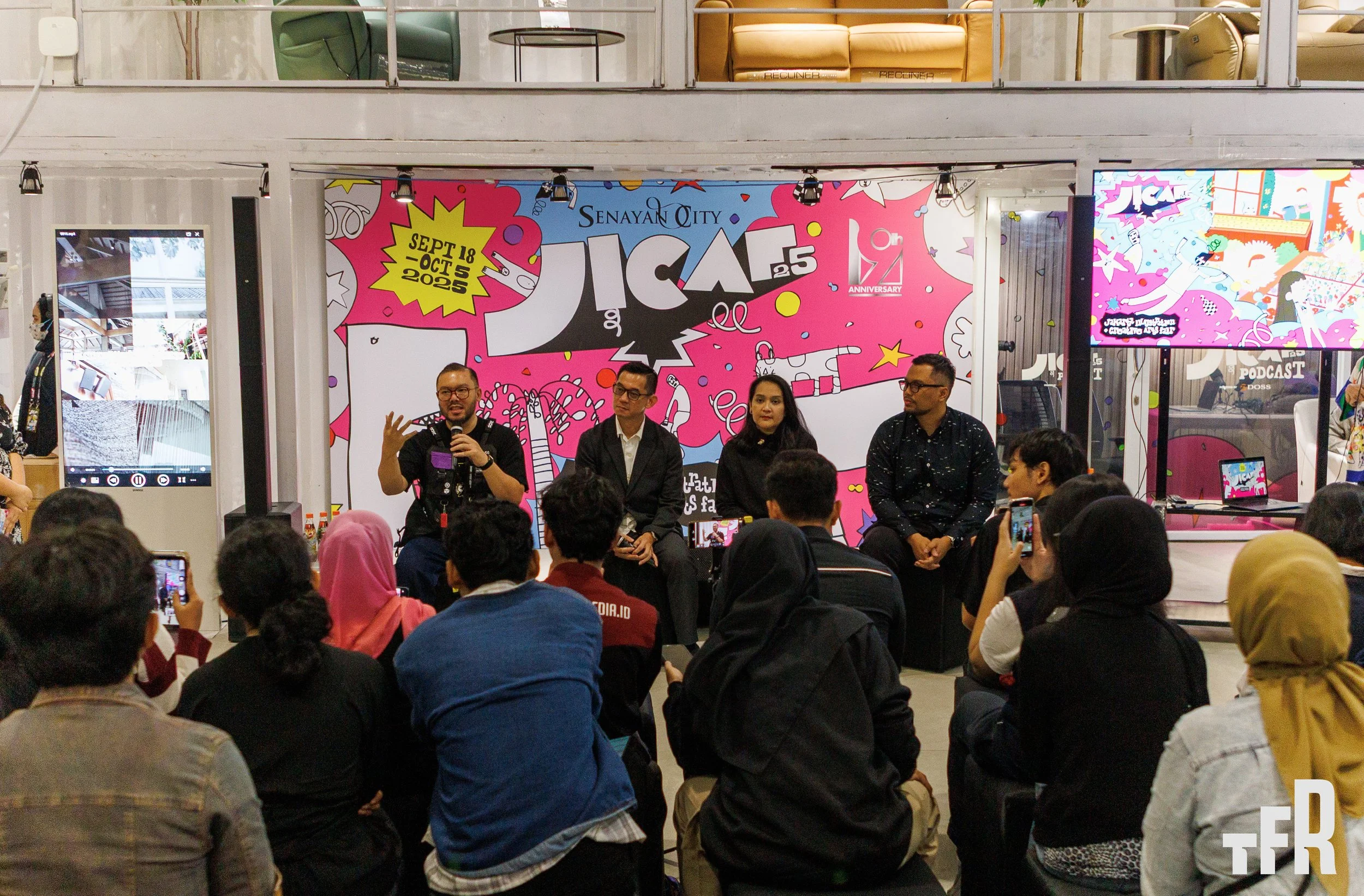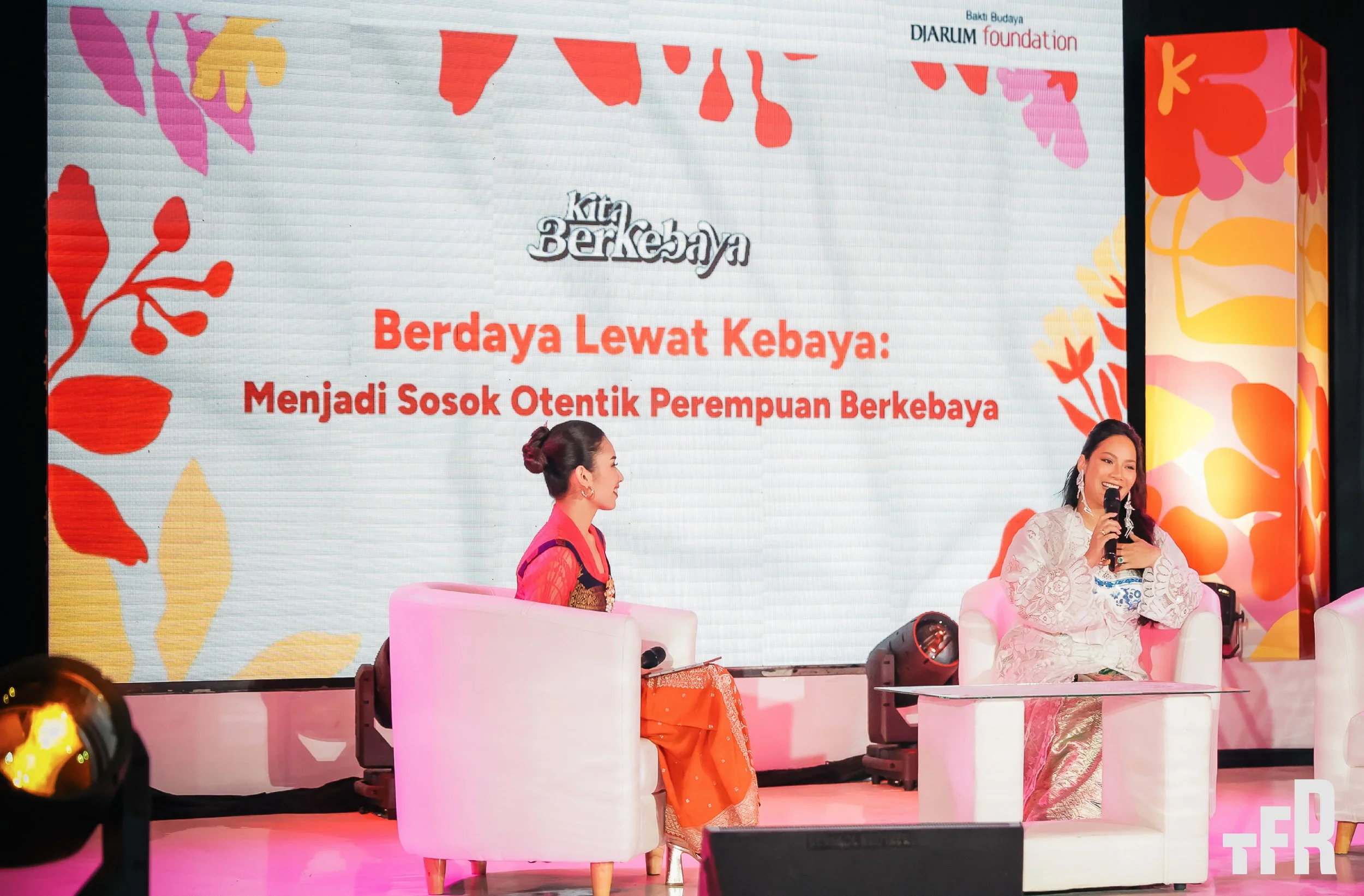When fashion says hello to Hallyu
Written by Kezia Pribadi | Read in Indonesian
Hallyu refers to the expansion of South Korean pop culture encompassing music, TV shows, movies, fashion, games, art and literature. It began in the mid-1990s when South Korean TV dramas and popular music gained traction in Asian countries such as China and Japan. By the mid-2000s to the early 2010s, the widespread wave led by K-pop boy and girl groups such as Big Bang, Girls Generation and 2NE1 extended their fanbase to a global stage, including the Americas, Middle East, as well as Southeast Asia. Since then, K-pop music has seen unprecedented growing fans across the world. In 2019, MTV Video Music Award introduced K-pop as a new category, resulting in the global recognition of K-pop as a music genre.
Its influence was only bolstered by the rise of social media. Many of these South Korean celebrities became a regular attendee in Paris and Milan Fashion Weeks. Their widespread appeal has also swooped the fashion world, influencing their devout fans to exercise their purchasing power.
“Hallyu industry has been a major draw for tourism to Korea, particularly inter-Asian tourism,” said Mary Ainslie, associate professor at the University of Nottingham Ningbo China Campus. Before the pandemic, Koreans typically made luxury purchases abroad. Morgan Stanley figures reported by CNBC showed that South Korea's total spending on luxury goods grew annually by around 24% to $16.8 billion.
Luxury goods as an indicator of success
Millennials and Gen Z, termed “Generation MZ” in South Korea, have recently emerged as a notable consumer demographic that leads to this market boom. The big three luxury brands –Hermès, Chanel and Louis Vuitton–made around ₩4 trillion or $2.98 billion sales in South Korea in 2022. Luxury brands have used the image of “Koreaness” as leverage, a way to connect to cosmopolitanism and Asianisation. A notion of being a global citizen, yet remains firmly fixed in Asia.
One of the factors that influences the demand for luxury is the cultural significance of material possessions in South Korea. In a collectivist culture such as South Korea, personal image is a big deal. They place great value on reputation, thus owning luxury goods becomes a tangible way to show wealth and social standing.
Nowadays it is much easier to see what people are posting on social media; people have more chances to show what they do, what they own and what they support through social media platforms. As a result, the satisfaction that comes with showing off on social media is much greater than doing so in real life.
The logic behind making South Korean idols brand ambassadors
Entertainment agencies such as SM Entertainment and HYBE recruit talents as young as 11 and basically raise them to become multi-talented stars. Some superstar examples are Kai from the boy group EXO, who is known as “Human Gucci.” He is the first South Korean celebrity to launch a collection with Gucci. The capsule collection included men’s and women's ready-to-wear pieces and accessories that were adorned with teddy bear motifs.
Bvlgari tapped BLACKPINK’s Lisa as its brand ambassador alongside Hollywood stars such as Zendaya, Anne Hathaway and Priyanka Chopra. K-pop's newest and hottest girl group NewJeans made headlines this year, as its youngest member Haerin was appointed a brand ambassador for Louis Vuitton. The brand shared, “From now on we will start a new journey together with [Hyein], who defines NewJeans’ style with her unique charm.”
It goes without saying that with their image, reputation, talent and strong presence in the entertainment industry, idols are seen as a goldmine for luxury brands to explore. Idol ambassadorship has become some sort of a marketing tool to engage the younger demographic and recruit potential customers.
As brand representatives, idols have incredible power to transfer their value to aid the brands’ communications. Their diverse fan bases that span across the world all seek to relate to or feel a connection to them; the fans may turn into a fan of the brand as well.
“For the young Hallyu fans who may not have the buying power to be luxury customers just yet, seeing their idols sitting front row at a runway presentation or seeing actors wearing pieces in their favourite K-drama plants a seed for the brand. There is a certain trust and aspiration that binds the relationship between super fans and celebrities, and this is particularly strong when it comes to Korean stars,” said Nico Gavina, culture strategist at Fashion Snoops.
Potential negative effects that lurk
Consumer exploitation may occur, by taking advantage of dedicated–sometimes obsessive–fans. This trend may create a sense of urgency among fans to purchase products worn by their idols, setting the tone of unrealistic standards. Luxury brands are highly associated with elusiveness and high price points. K-pop idols can indirectly perpetuate unrealistic beauty and lifestyle standards that many of their fans may feel pressured to emulate and spend beyond their means. It also further sends a message to their younger audiences that materialistic items, which emphasise the importance of tangible possession as a status symbol, are important.
Additionally, it may reinforce social division and economic inequality. This can foster a culture of excessive consumerism, leading to impulsive and unnecessary purchases as well as creating a perception that only those with substantial financial means can be labelled as devoted fans.
How it affects the luxury market in Asia
The main effect of K-pop brand ambassadors on luxury shopping in Asia is the surging demand for luxury goods. The diversification of the luxury market is appealing to the growing demand of Asian-centric trends and styles. It has broadened the view of luxury brands to seek what is in store beyond the Western market.
Gavino added, “A lot of luxury brands have their eyes on the Asian market, so this strategy is partially a move to capture the attention of consumers in the region. However, it’s not just that. Pop culture is increasingly global and Korean celebrities are the superstars of a new generation. When luxury brands work with South Korean idols and actors, they’re not just speaking to South Korean consumers, but also the Hallyu fans in every corner of the globe.”
The impact of K-pop idols' endorsements on sales
Although there is limited quantitative data on the impact of K-pop idols' endorsement on luxury brand sales, and that isolating the impact of a single factor on sales is difficult, there is some proof of successful collaborations.
In 2019, Chanel launched a limited edition lipstick collection with BLACKPINK’s Jennie. Within hours of release, the collection was sold out. According to reports, the trendy collection generated over $1.4 million in sales in just one day. A year later, after announcing EXO’s Kai as its global ambassador, Gucci reported a 70% year-on-year increase in sales in the first quarter of 2020.
Shortly after signing BTS’ Jimin as its ambassador on 16 January 2023, Dior’s stock price skyrocketed to €775.50 and reached €789 on 18 January, the highest in 31 years.



















